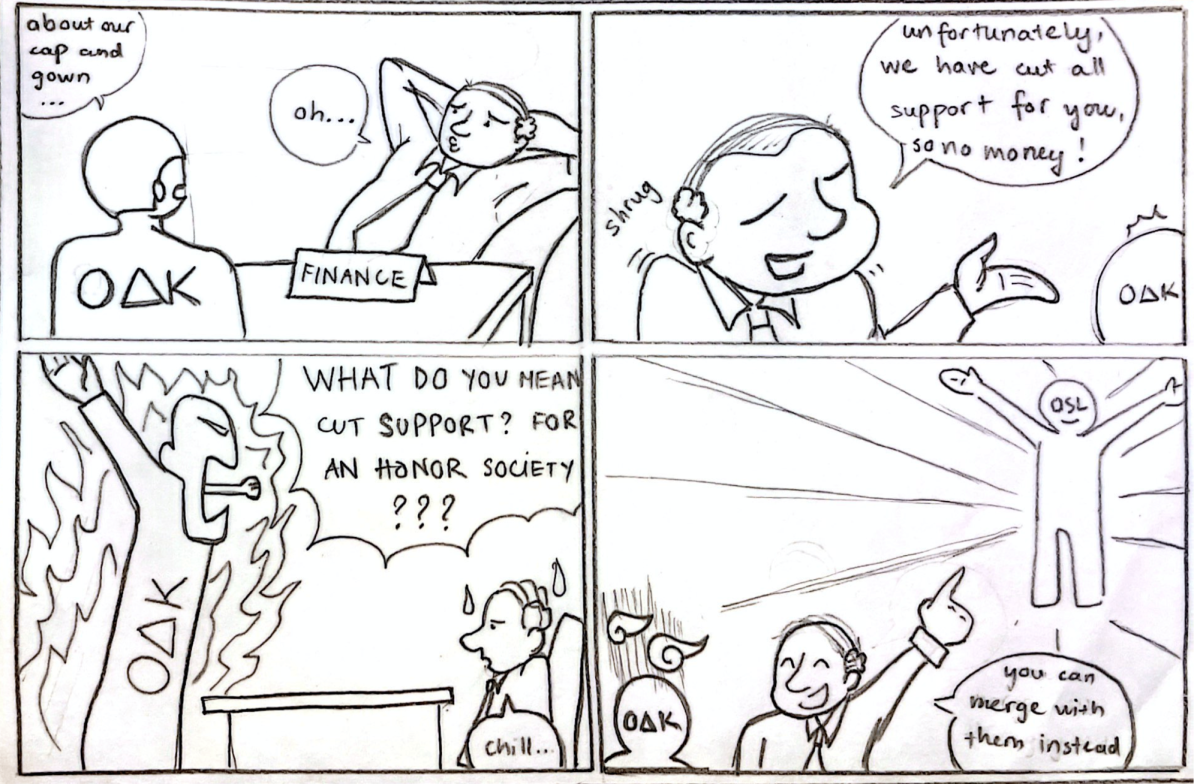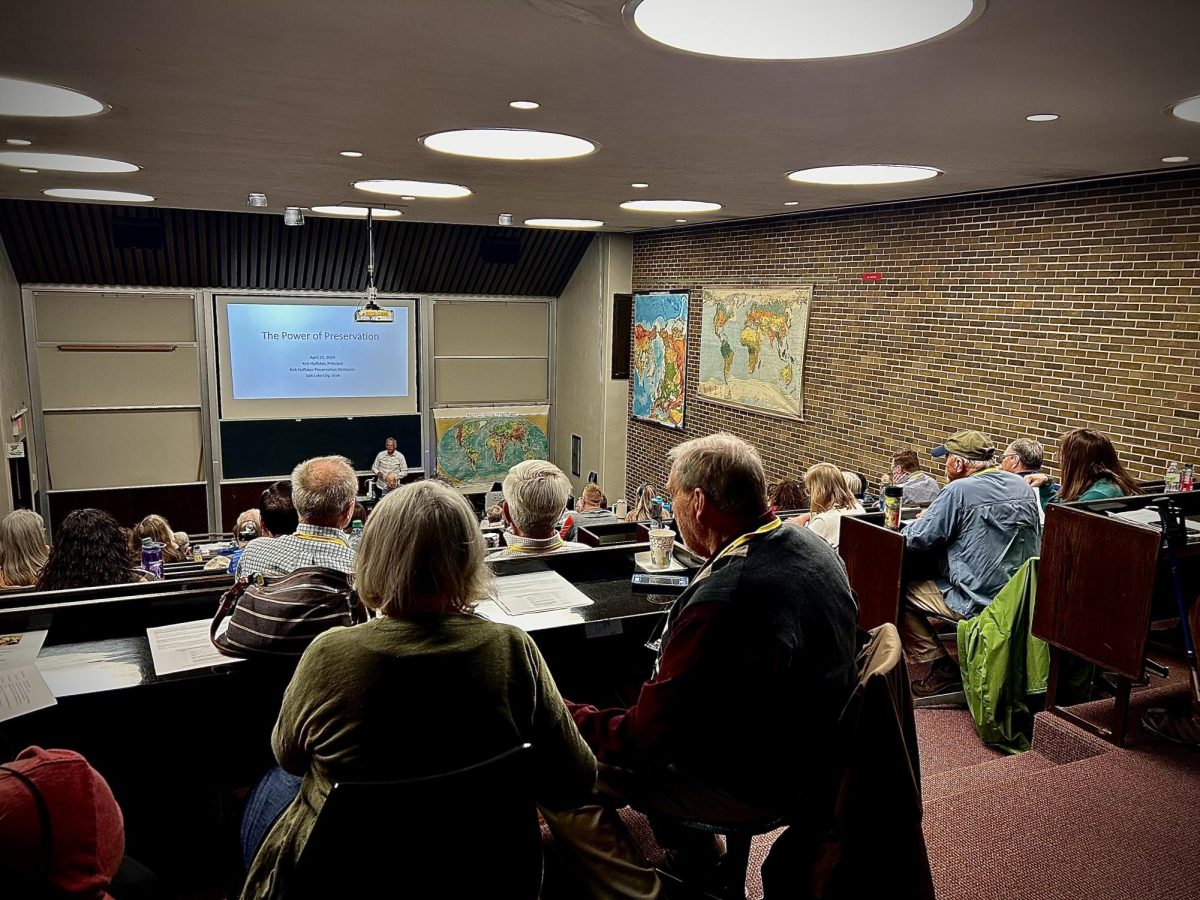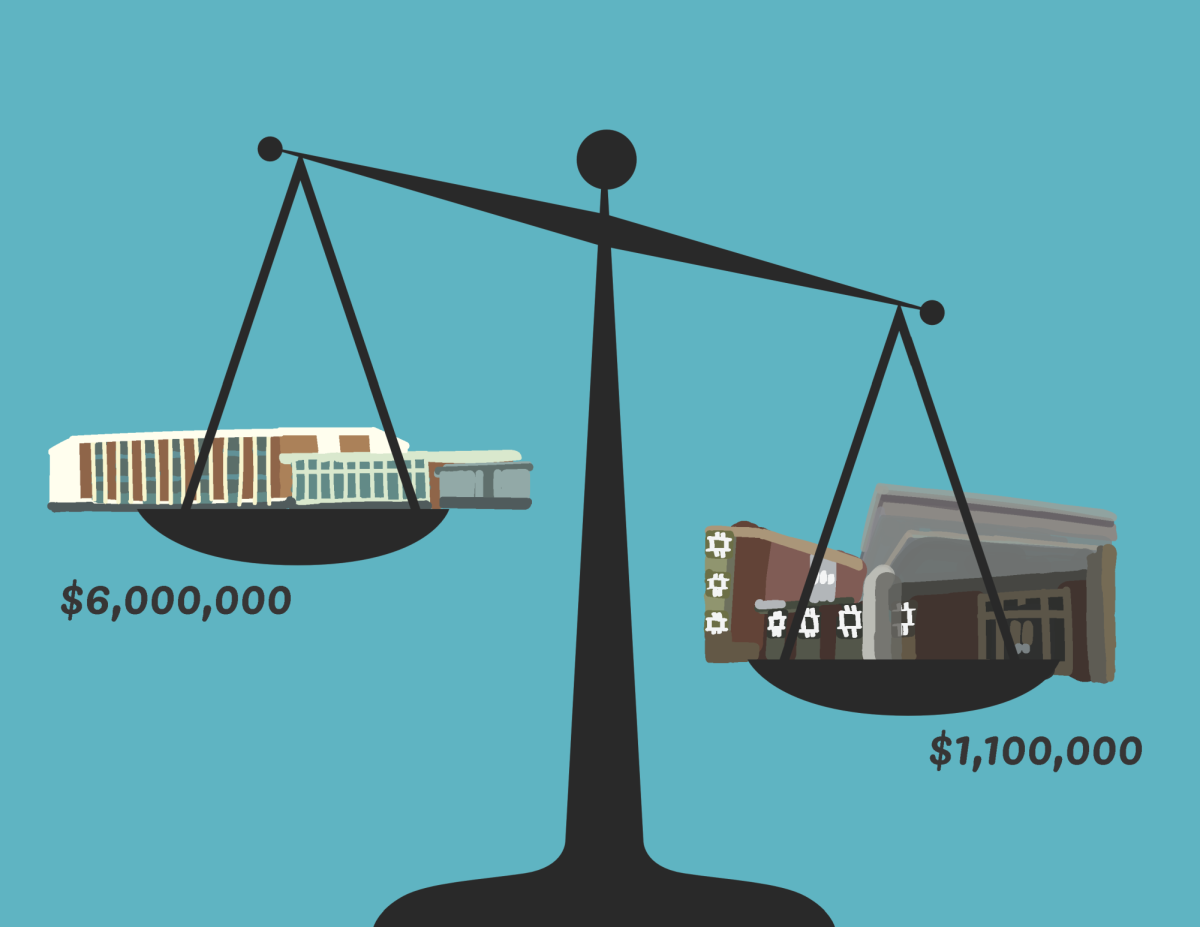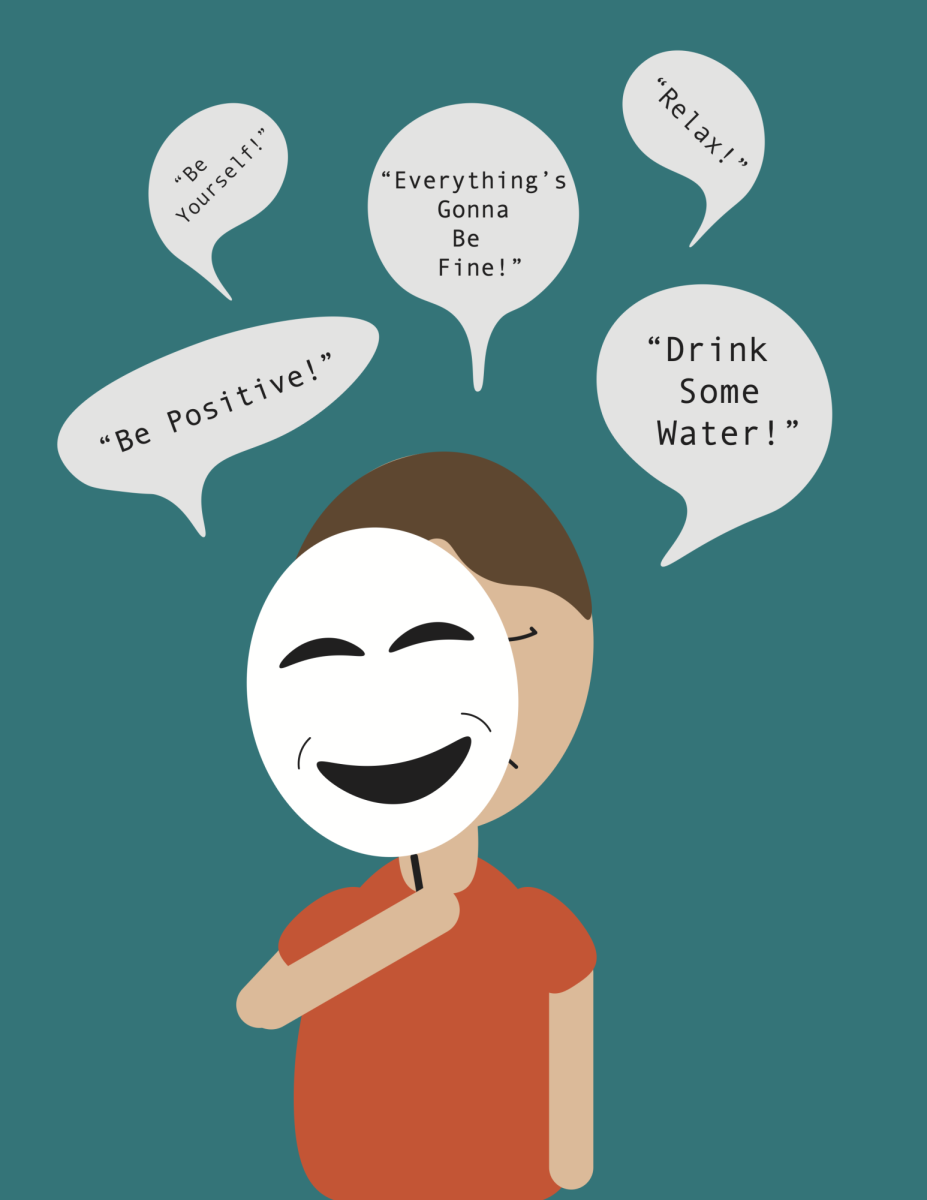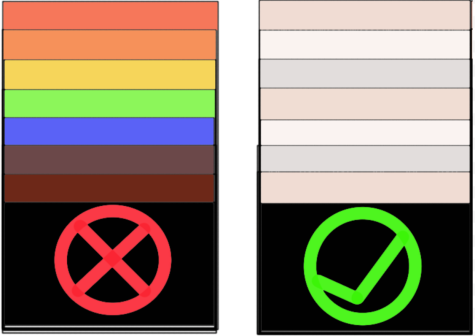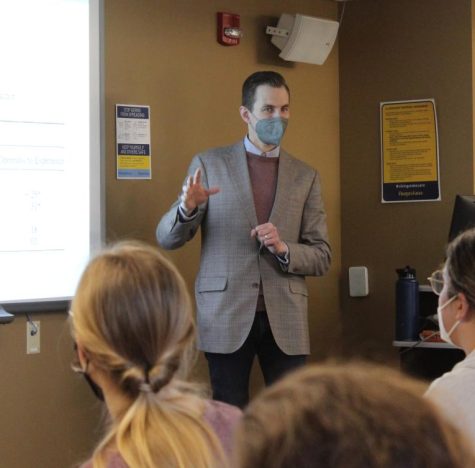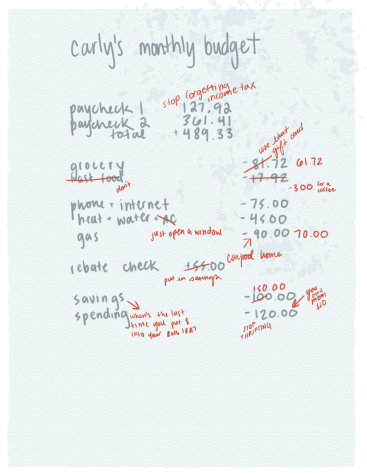Paternity leave is situational
May 13, 2022
In the United States, people are struggling with balancing work, mental health and the difficulties that come with raising a family. One issue all parents experience is paid paternal leave, an issue that is present at every institution, including Augustana.
According to CNBC, the United States is the lowest ranking developed country when it comes to worker benefits, and this is extended into parental leave.
Meanwhile, according to Safeguard Global, female workers are entitled to up to 410 days of paid maternity leave provided in a phased approach. In a country that prides itself on being advanced and developed, parents still struggle to take time to bond with their newborn.
Allison Zurcher is a former Augustana student and now works in human resources for the city of Davenport. Zurcher is also a mother who experienced pregnancy and the maternal leave she was provided.
“One important thing one can consider when discussing leave is the difference from FMLA leave versus parental leave,” Zurcher said.
FMLA is defined as the Family and Medical Leave Act. At Augustana, employees may be granted up to a total of 12 weeks of family or medical leave combined during any “rolling” 12-month period. It also includes up to 26 weeks of leave to care for a family member injured while on active duty if they meet specific requirements.
“Time off with FMLA is saying you can have time off to be sick for recovery or to care for very specific loved ones, and (they’re) not going to fire you for it. But that’s not maternity leave,” Zurcher said.
According to Zurcher, maternal leave is a separate policy from FMLA. Zurcher said she got three weeks of paid maternal leave, and that anything after that they would not have paid her for taking. “It truly does also make a difference what position and place of work you take part in,” Zurcher said.
However, paid parental leave isn’t always given to new parents.
“What just breaks my heart is that there are so many moms out there that they can’t afford [to go on unpaid leave]. You might have 12 weeks of covered leave, but if you’re going to lose your house and you can’t afford to feed your kids… they don’t have a choice,” Zurcher said. “And I just think that getting pregnant or bonding with your child shouldn’t be a financial decision.”
Cody Edwards is a cleaner at Palmer Chiropractic College and is an expecting father. He also mentions FMLA pay.
“My job is a little bit shorter on paternity leave. I only get 2 weeks plus I have to use my own 40 hours of vacation if my girlfriend needs more help,” Edwards said.
According to Zurcher, under FMLA, an employer only has to give 12 weeks combined to a parent if they both work for the same organization.
“As a government employer, [workers were] subjected to something called a families first Coronavirus response back [which was] paid leave. Under it, employees were paid up to two weeks if they had to quarantine. And then they got up to an additional 10 weeks if they had childcare issues related to covid,” Zurcher said.
Zurcher said the government should contribute to paid time off for paternity leave to alleviate the burden on new parents.
“I don’t think we should just pay for 12 weeks of FMLA every year because I think there’s a happy medium there, but I certainly think that the government can pay before we have it,” Zurcher said.
“I certainly think that they can say for 8 weeks, we’ll pay half of the person’s wages and subsidize the employer to pay half of the wages…there’s something that the government could roll out to share the burden with employers or a tax,” Zurcher said.
The Observer reached out to faculty who used paternity leave and did not receive a response.
